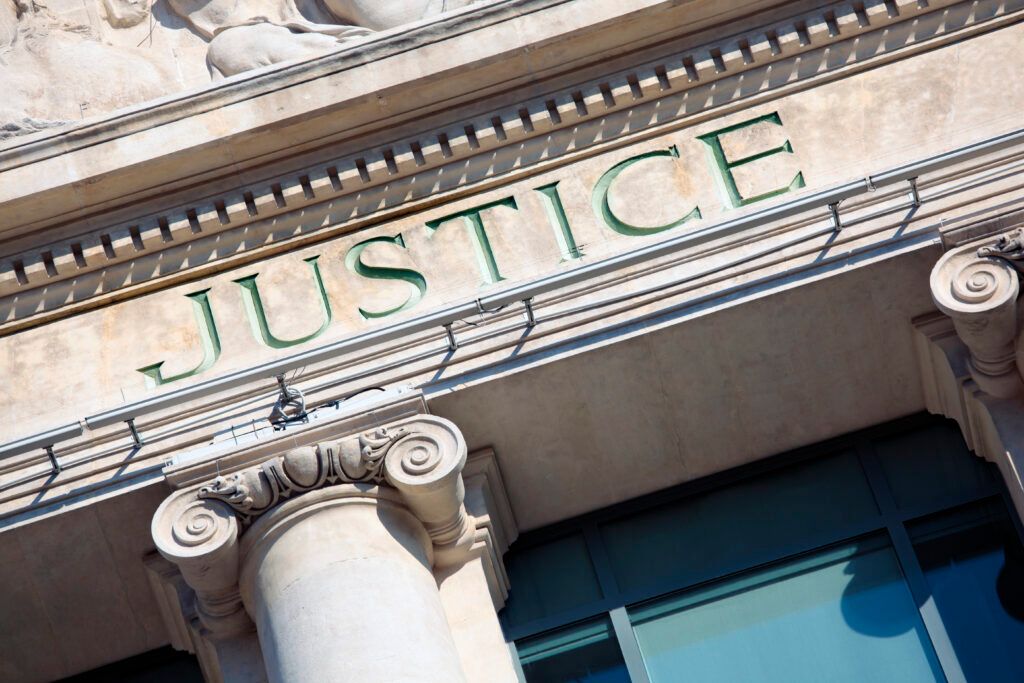The repercussions in immigration cases following the fall of the Chevron Doctrine
The post The repercussions in immigration cases following the fall of the Chevron Doctrine appeared first on .




Serving Colorado Springs
Alex and team are Bilingual in English and Spanish
Keeping Families Together

Firstly, for context, as explained by the Cornell Law School website, «The ‘Chevron deference’ refers to the doctrine of judicial deference granted to administrative action. It was coined after a landmark case, Chevron USA, Inc. v. Natural Resources Defense Council, Inc. (1984). In Chevron, the Supreme Court established a legal test for when courts should defer to the agency’s response or interpretation, holding that such judicial deference is appropriate when the agency’s response was not unreasonable, provided that Congress had not directly addressed the specific issue in question.»
Recently, the latest news on this matter is that «the United States Supreme Court (SCOTUS) overturned the long-standing ‘Chevron’ doctrine, meaning that federal courts can no longer routinely defer to federal agency decisions and regulations.»
Regarding the issue of immigration, it is important to cite recent statements from Kelli Stump, President of the American Immigration Lawyers Association (AILA):
«The Loper Bright and Relentless cases had nothing to do with immigration law and policy, but the Supreme Court’s overturning of the longstanding Chevron doctrine will have a significant impact on many immigration decisions. This means that now the agency’s interpretation of the INA does not automatically prevail, which could level the playing field for immigrants, their families, and employers. In deportation cases, those seeking review of decisions from immigration judges or the Board of Immigration Appeals should now have more opportunities to do so. Employers seeking a favorable interpretation of a statute granting H-1B or L visa classification to a non-citizen worker may also benefit. We also note potential negative consequences, as the decision has severely limited the executive branch’s power to modernize our immigration system through policy updates or regulations. The valuable immigration benefits created by regulations could be threatened if they are not clearly based on statutory language. With this ruling, the Supreme Court is returning the rule-making process to Congress.»
In summary, the change could significantly impact how immigration cases are decided. For example:
Overturning Chevron could lead to more judicial involvement in interpreting immigration laws, less predictability, and potentially more legal challenges. It would shift the balance of power from agencies to courts, changing how immigration policies are applied and interpreted.
At Pikes Peak Immigration , we will closely monitor this and all changes that impact immigration cases, both positively and negatively.
If you have any questions or need to start an immigration process, please contact us at 719-602-4477.
The post The repercussions in immigration cases following the fall of the Chevron Doctrine appeared first on .




Located in Colorado Springs, CO. Pikes Peak Immigration LLC specializes in business immigration, family immigration, immigration defense, and representing criminal defendants who are not citizens. With 15 years of experience in immigration law, same-day consultations, and military discounts available, contact us today to get started. We’re also bilingual in English and Spanish!
Monday, Tuesday, and Wednesday are our in-person consultation days. We offer virtual appointments every day of the week!
Share On: